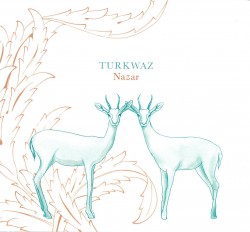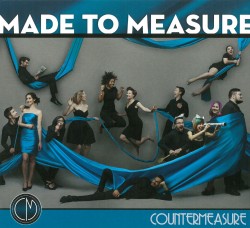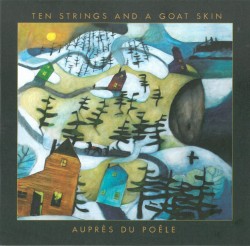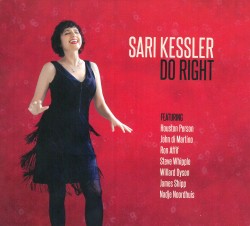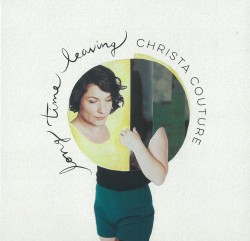Sing Me Home - Silk Road Ensemble; Yo-Yo Ma
 Sing Me Home
Sing Me Home
Silk Road Ensemble; Yo-Yo Ma
Sony Masterworks 88875 18101 2 (sonymusicmasterworks.com)
This latest album by Yo-Yo Ma and Silk Road examines unique and diverse perspectives of home, with original and traditional tunes composed and/or arranged by members of the ensemble. Joining them are a number of stellar guest artists, amongst them singer Rhiannon Giddens, the Grammy-winning vocal octet Roomful of Teeth, Galician band Rustica, Malian kora player Toumani Diabaté, and the great Indian sitarist Shujaat Khan, among many other notable international performers. Each track tells a unique story. The Taiko drums of Shingashi Song are later followed by the voice of Dima Orsho, who shares a glimpse into a Syrian village wedding. Fiddler Martin Hayes adds a haunting cavalry march. In Little Birdie, singer Sarah Jarosz pays sweet tribute to the late Pete Seeger, with the addition of pipa (Chinese lute) and sheng (Chinese mouth organ) to the mix while Going Home is sung in both Chinese and English by vocalist and banjo player Abigail Washburn with ensemble member Wu Tong. Master guitarist Bill Frisell creates a wonderful interplay with Silk Road members on shakuhachi (Japanese bamboo flute) and Indian tabla. This recording provides a veritable tapestry of world fusion; nonetheless, each selection is truly distinct and highly reminiscent of many diverse conceptions of home.


